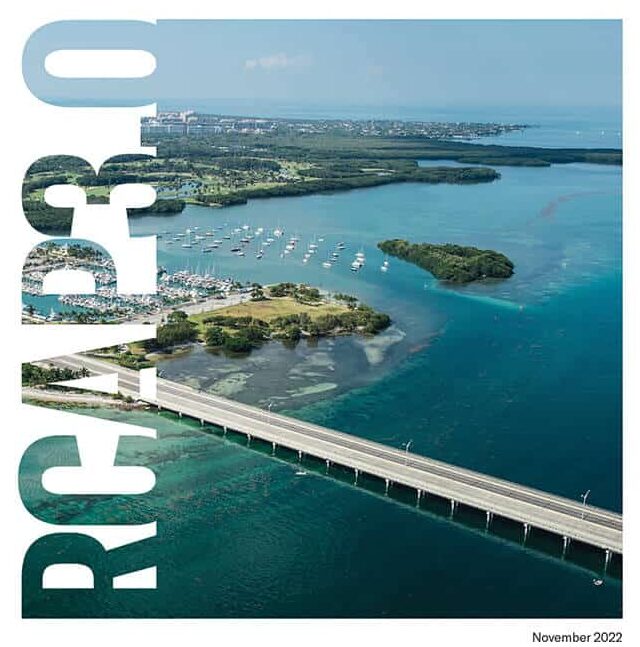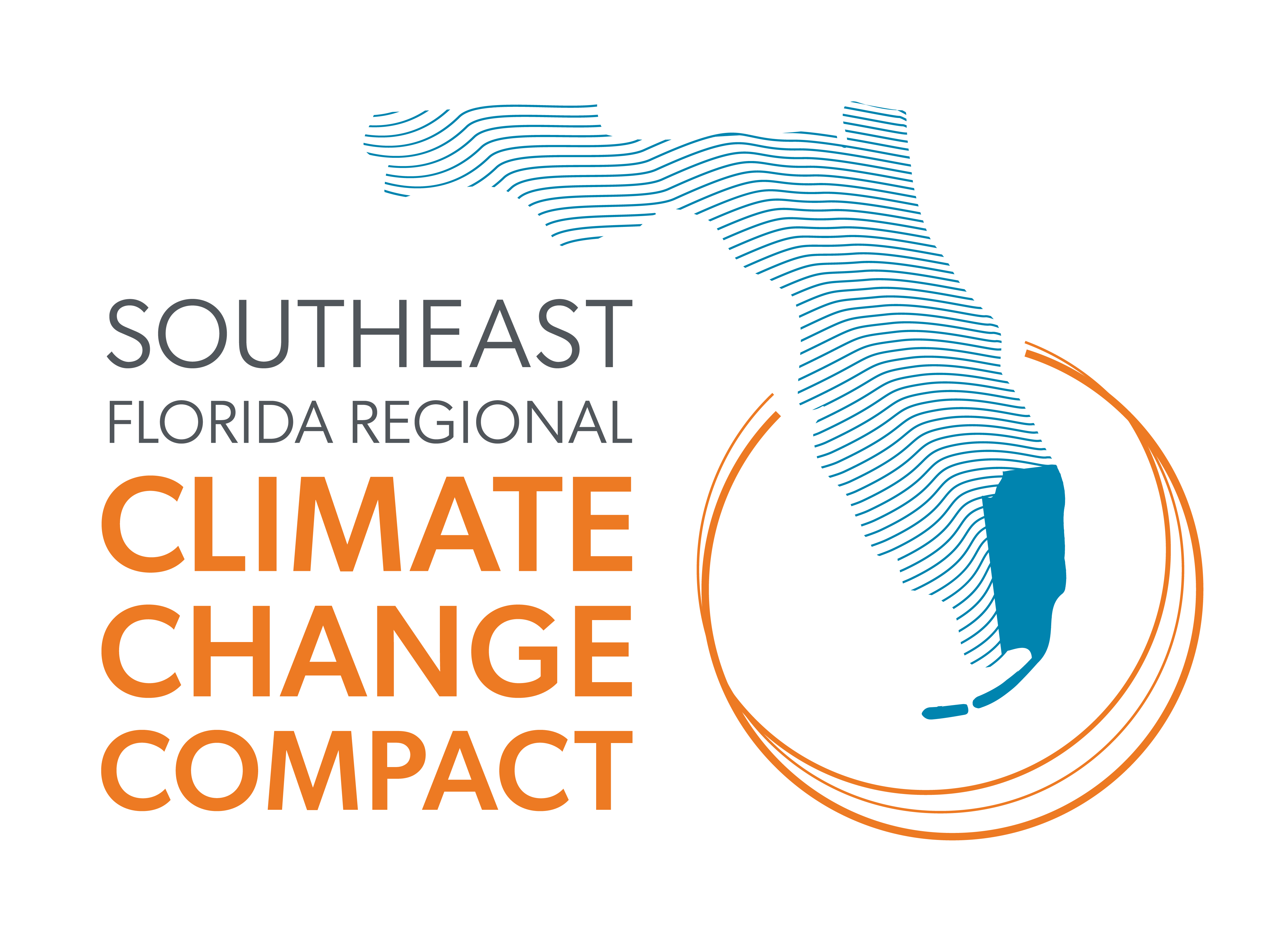
News
A Deep Dive into RCAP 3.0
March 1, 2023

The Southeast Florida Regional Climate Change Compact (the Compact) unveiled the third update to the Regional Climate Action Plan (RCAP 3.0) at its 14th Annual Leadership Summit in December, hosted in Broward County. First developed in 2012 with a five-year planning horizon, the RCAP is a voluntary framework designed to align, guide and support the acceleration of local and regional climate action in Southeast Florida to realize a healthy, prosperous, more equitable and resilient, low-carbon region. The RCAP 3.0 launch follows the Compact’s work over the better part of 2022, engaging with more than 150 subject matter experts, as well as regional stakeholders and the public, to ensure this document remains relevant and useful in its purpose to advance coordinated regional climate action. After a decade of existence and three iterations later, what is new about RCAP 3.0, and how does this document remain a foundational framework to support climate practitioners?
Expanded vision of climate resilience
During the Summit’s concluding panel discussion among the four counties’ elected leadership, Broward County Commissioner Beam Furr provided the following reflections on the RCAP, “In plan after plan, you are seeing an expansion of our definition of resilience—you are seeing the integration of environmental justice, housing; you are seeing climate innovation in the private sector.” While the central focus areas of the RCAP remain unchanged, the RCAP 3.0 is by far the most comprehensive and expansive document that has been produced to date. Although the document is arranged into 11 distinct chapters/focal areas for clarity and organizational purposes, there is a greater degree of intersectionality in the 120 recommendations and supporting strategies woven throughout the Plan than in previous editions. These recommendations and strategies make clear to the reader that fundamentally, we must think of housing, land-use planning and transportation as critical climate change strategies. The transition to a clean energy economy is foundational to climate and economic resilience—both an economic opportunity and imperative for regional competitiveness. These intersections highlight that climate change is not a siloed governance or societal issue that can be addressed independently or as an “add-on”—rather, it is central to the issues of greatest importance to Southeast Florida communities: our health, our economy, our quality of life—and requires a whole of governance and whole of society response.
All hands on deck
New to the RCAP 3.0’s structure is the addition of “implementers”—or core stakeholders necessary to advance each of the RCAP’s strategies—as well as the identification of the key federal and state partners critical to implementation efforts. The RCAP 3.0 identifies 44 implementers spanning government, quasi-government agencies, civil society and the private sector. While this is a functional update, allowing RCAP users to readily search and find recommendations and strategies relevant to their interests, it also is an explicit recognition that while action by government or any individual stakeholder is critical, it is insufficient to meet the climate crisis we collectively face. The RCAP 3.0 expressly calls on all entities and leaders across the region to take part in developing and implementing the Plan—and to ambitiously integrate climate change within their own bodies of work in an enduring way.
Ratcheting up regional ambitions
While the RCAP is a voluntary framework that the Compact offers to regional stakeholders to adopt as practical and in a manner that reflects their own needs, for the first time, it has explicitly provided a regional greenhouse gas emission reduction target that aligns with subnational, national and global commitments to achieve the Paris Accord: net zero goal by 2050 as compared to a 2005 baseline. As a region home to more than 6 million people, generating a third of the state’s economic activity and a similar share of the state’s emissions, every entity within our region must strive for ambitious and aggressive targets that reflect the urgency with which we are asking the global community, our national and state governments and utilities to act. This shared goal reinforces that Southeast Florida is part of the global community working to solve a problem that is at once both global and local, and acknowledges that regional leadership is critical given the stakes in our backyards. Climate mitigation and adaptation work cannot be divorced, and advancing a low-carbon future is of equal importance to adaptation advancements.
People-centered
RCAP 3.0 renames the chapter previously called “Public Outreach and Engagement” to “Informed and Engaged Communities” to better reflect the bidirectional and mutually beneficial partnerships between governments, communities they serve, and the myriad of private and civil society entities involved in advancing a resilient future. The recommendations within this chapter, along with the equity chapter, reinforce that people must be at the center of this work and posit that participatory governance, increased collaboration and sustained community engagement will result in more effective, accepted, creative and durable climate solutions.
